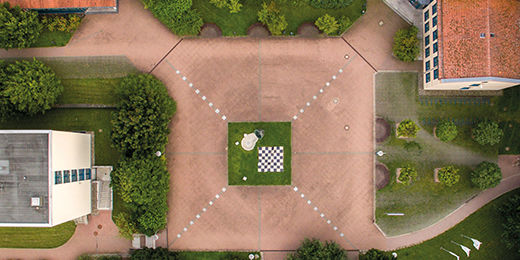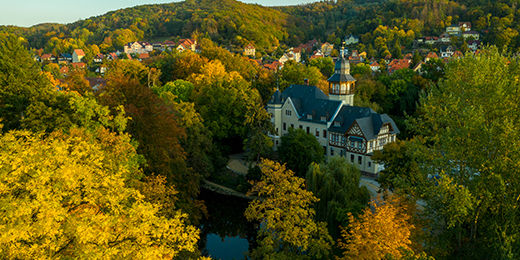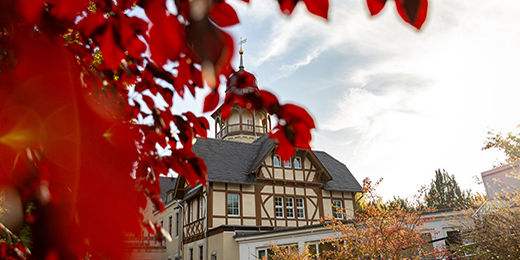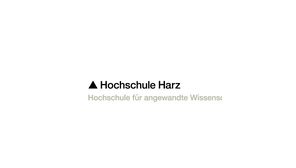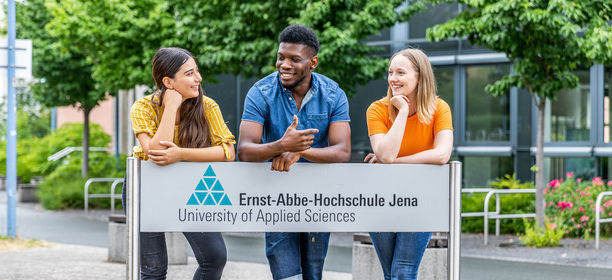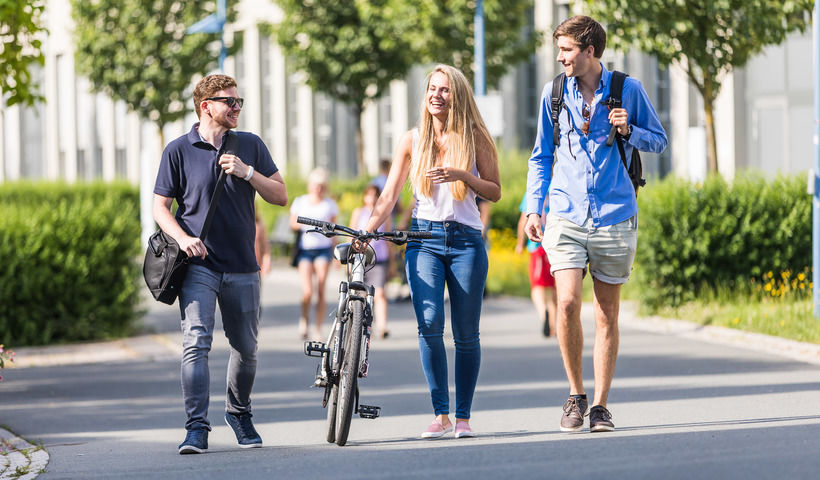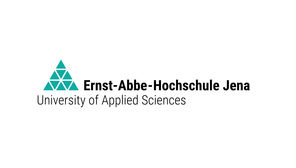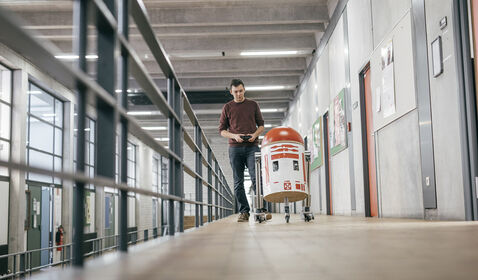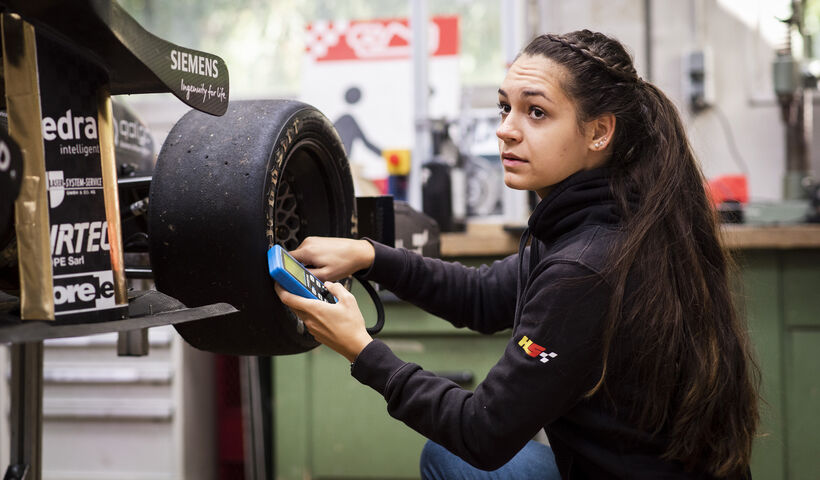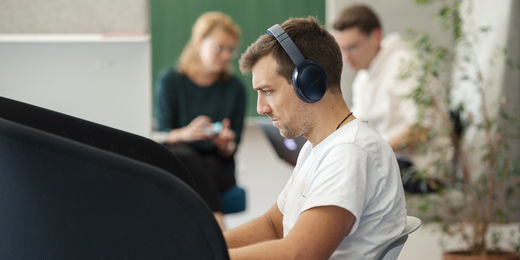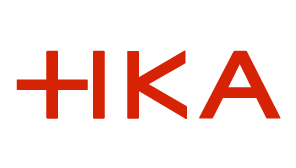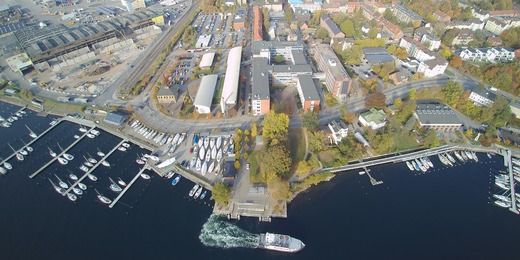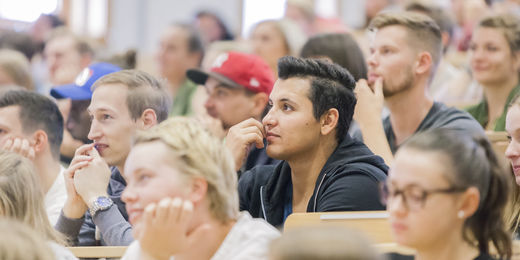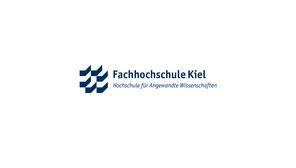Hochschule Trier - Trier University of Applied Sciences
- Promotionsrecht: Nein
- Trägerschaft: öffentlich-rechtlich
- 1971 gegründet
- 6.688 Studierende
Schneidershof
54293 Trier
Tel: 0651 8103-0
Fax: 0651 8103-333
Hochschule im CHE-Ranking abschneiden.
Die Hochschule Trier - Trier University of Applied Sciences gehört zu den Fachhochschulen / HAW.
Nein, du kannst an der Hochschule Trier - Trier University of Applied Sciences nicht promovieren.
Die Hochschule Trier - Trier University of Applied Sciences ist eine öffentlich-rechtliche Hochschule. Es gibt staatliche und staatlich anerkannte Hochschulen, die meist in Universitäten, Fachhochschulen (international: University of Applied Sciences) und Kunst- sowie Musikhochschulen unterteilt werden. Der überwiegende Teil der Hochschulen wird vom Staat finanziert und befindet sich daher in staatlicher Trägerschaft. Dort fallen in der Regel nur geringe Semesterbeiträge an. An den privaten Hochschulen hingegen, die sich über private Trägerschaften finanzieren, können wesentlich höhere Studiengebühren anfallen. Einen Weg, die finanziellen Hürden dieser Hochschulen zu umgehen, können Stipendien darstellen.
Es gibt außerdem Hochschulen, die von der protestantischen oder katholischen Kirche betrieben werden.
Die Hochschule Trier - Trier University of Applied Sciences wurde im Jahr 1971 gegründet.
Insgesamt gibt es 6688 Studierende an der Hochschule Trier - Trier University of Applied Sciences.
Standorte dieser Hochschule sind Trier, Birkenfeld und Idar-Oberstein.
Hier findest du die Fristen und Termine für deine Bewerbung:
- Vorlesungszeit:
-
07.10.2024 - 01.02.2025
- Studienanfänger:
-
Bis 15.09.2024
- Hochschulwechsler:
-
Bis 15.09.2024
- International Studierende aus der Europäischen Union:
-
Bis 15.06.2024Mit ausländischen Zeugnissen grundsätzlich über www.uni-assist.de; Ausnahmen werden über die Bewerbungsseiten der Hochschule kommuniziert
- International Studierende aus Staaten, die nicht Mitglied der EU sind:
-
Bis 15.06.2024Mit ausländischen Zeugnissen grundsätzlich über www.uni-assist.de; Ausnahmen werden über die Bewerbungsseiten der Hochschule kommuniziert
- Studienanfänger:
-
Bis 15.07.2024
- Hochschulwechsler:
-
Bis 15.07.2024
- International Studierende aus der Europäischen Union:
-
Bis 15.06.2024Mit ausländischen Zeugnissen grundsätzlich über www.uni-assist.de; Ausnahmen werden über die Bewerbungsseiten der Hochschule kommuniziert
- International Studierende aus Staaten, die nicht Mitglied der EU sind:
-
Bis 15.06.2024Mit ausländischen Zeugnissen grundsätzlich über www.uni-assist.de; Ausnahmen werden über die Bewerbungsseiten der Hochschule kommuniziert
- Studienanfänger:
-
Bis 15.09.2024
- Hochschulwechsler:
-
Bis 15.09.2024
- International Studierende aus der Europäischen Union:
-
Bis 15.06.2024Mit ausländischen Zeugnissen grundsätzlich über www.uni-assist.de; Ausnahmen werden über die Bewerbungsseiten der Hochschule kommuniziert
- International Studierende aus Staaten, die nicht Mitglied der EU sind:
-
Bis 15.06.2024Mit ausländischen Zeugnissen grundsätzlich über www.uni-assist.de; Ausnahmen werden über die Bewerbungsseiten der Hochschule kommuniziert
- Studienanfänger:
-
Bis 15.07.2024
- Hochschulwechsler:
-
Bis 15.07.2024
- International Studierende aus der Europäischen Union:
-
Bis 15.06.2024Mit ausländischen Zeugnissen grundsätzlich über www.uni-assist.de; Ausnahmen werden über die Bewerbungsseiten der Hochschule kommuniziert
- International Studierende aus Staaten, die nicht Mitglied der EU sind:
-
Bis 15.06.2024Mit ausländischen Zeugnissen grundsätzlich über www.uni-assist.de; Ausnahmen werden über die Bewerbungsseiten der Hochschule kommuniziert
- Vorlesungszeit:
-
02.04.2023 - 13.07.2024
- Studienanfänger:
-
Bis 15.03.2025
- Hochschulwechsler:
-
Bis 15.03.2025
- International Studierende aus der Europäischen Union:
-
Die Frist ist abgelaufen
- International Studierende aus Staaten, die nicht Mitglied der EU sind:
-
Die Frist ist abgelaufen
- Studienanfänger:
-
Bis 15.03.2025
- Hochschulwechsler:
-
Bis 15.03.2025
- International Studierende aus der Europäischen Union:
-
Bis 31.01.2025
- International Studierende aus Staaten, die nicht Mitglied der EU sind:
-
Bis 31.01.2025
- Vorlesungszeit:
-
07.10.2024 - 01.02.2025
- Studienanfänger:
-
Bis 15.09.2024
- Hochschulwechsler:
-
Bis 15.09.2024
- International Studierende aus der Europäischen Union:
-
Bis 15.06.2024Mit ausländischen Zeugnissen grundsätzlich über www.uni-assist.de; Ausnahmen werden über die Bewerbungsseiten der Hochschule kommuniziert
- International Studierende aus Staaten, die nicht Mitglied der EU sind:
-
Bis 15.06.2024Mit ausländischen Zeugnissen grundsätzlich über www.uni-assist.de; Ausnahmen werden über die Bewerbungsseiten der Hochschule kommuniziert
- Studienanfänger:
-
Bis 15.07.2024
- Hochschulwechsler:
-
Bis 15.07.2024
- International Studierende aus der Europäischen Union:
-
Bis 15.06.2024Mit ausländischen Zeugnissen grundsätzlich über www.uni-assist.de; Ausnahmen werden über die Bewerbungsseiten der Hochschule kommuniziert
- International Studierende aus Staaten, die nicht Mitglied der EU sind:
-
Bis 15.06.2024Mit ausländischen Zeugnissen grundsätzlich über www.uni-assist.de; Ausnahmen werden über die Bewerbungsseiten der Hochschule kommuniziert
- Studienanfänger:
-
Bis 15.09.2024
- Hochschulwechsler:
-
Bis 15.09.2024
- International Studierende aus der Europäischen Union:
-
Bis 15.06.2024Mit ausländischen Zeugnissen grundsätzlich über www.uni-assist.de; Ausnahmen werden über die Bewerbungsseiten der Hochschule kommuniziert
- International Studierende aus Staaten, die nicht Mitglied der EU sind:
-
Bis 15.06.2024Mit ausländischen Zeugnissen grundsätzlich über www.uni-assist.de; Ausnahmen werden über die Bewerbungsseiten der Hochschule kommuniziert
- Studienanfänger:
-
Bis 15.07.2024
- Hochschulwechsler:
-
Bis 15.07.2024
- International Studierende aus der Europäischen Union:
-
Bis 15.06.2024Mit ausländischen Zeugnissen grundsätzlich über www.uni-assist.de; Ausnahmen werden über die Bewerbungsseiten der Hochschule kommuniziert
- International Studierende aus Staaten, die nicht Mitglied der EU sind:
-
Bis 15.06.2024Mit ausländischen Zeugnissen grundsätzlich über www.uni-assist.de; Ausnahmen werden über die Bewerbungsseiten der Hochschule kommuniziert
- Vorlesungszeit:
-
02.04.2023 - 13.07.2024
- Studienanfänger:
-
Bis 15.03.2025
- Hochschulwechsler:
-
Bis 15.03.2025
- International Studierende aus der Europäischen Union:
-
Die Frist ist abgelaufen
- International Studierende aus Staaten, die nicht Mitglied der EU sind:
-
Die Frist ist abgelaufen
- Studienanfänger:
-
Bis 15.03.2025
- Hochschulwechsler:
-
Bis 15.03.2025
- International Studierende aus der Europäischen Union:
-
Bis 31.01.2025
- International Studierende aus Staaten, die nicht Mitglied der EU sind:
-
Bis 31.01.2025


